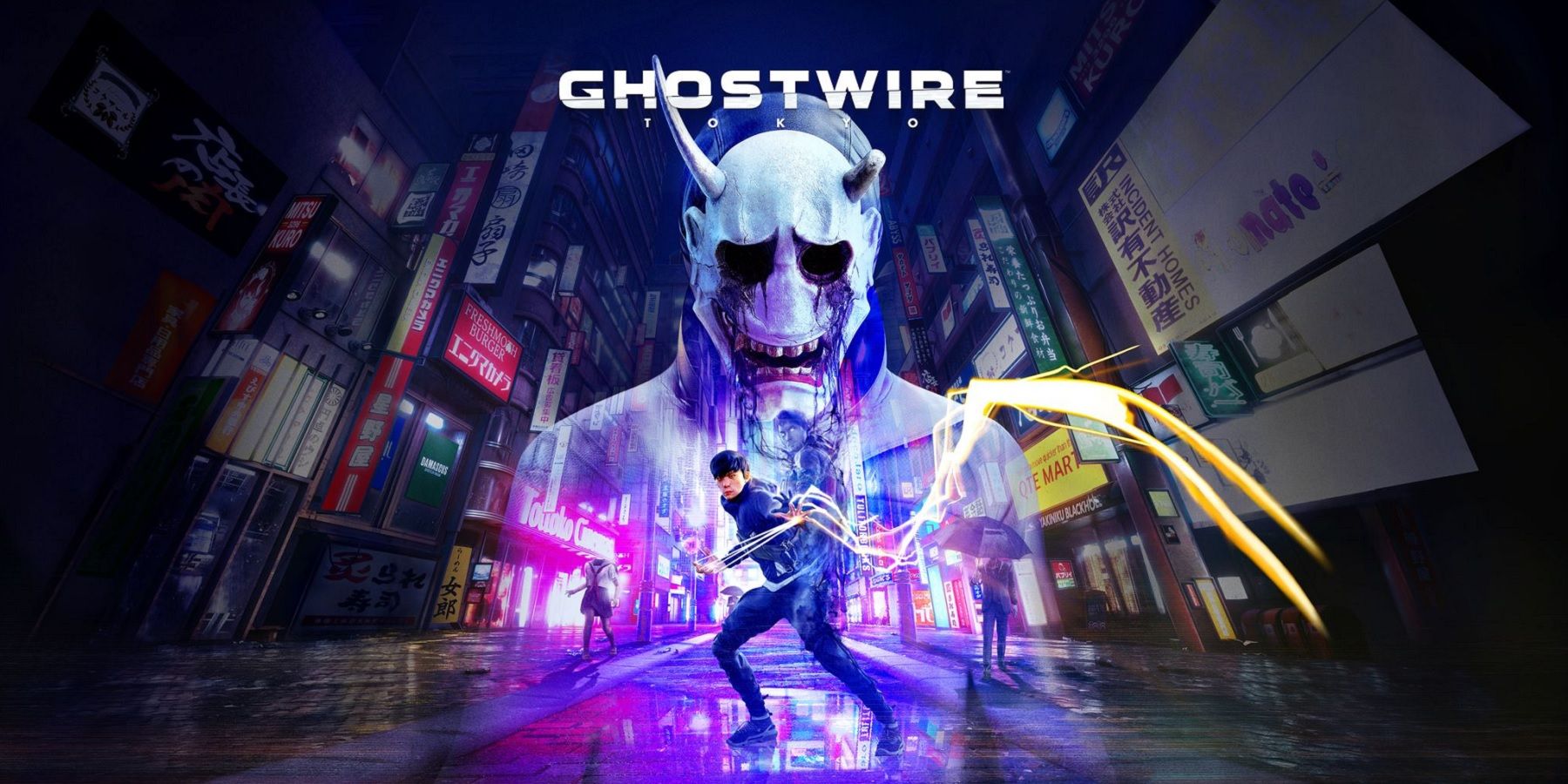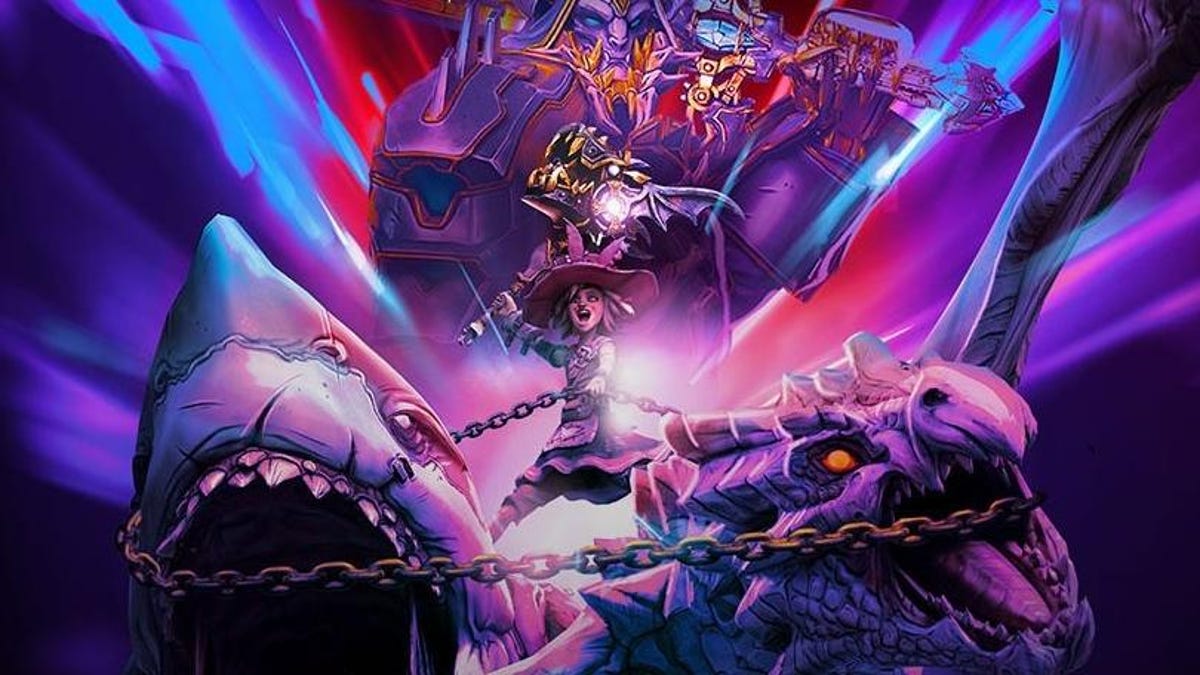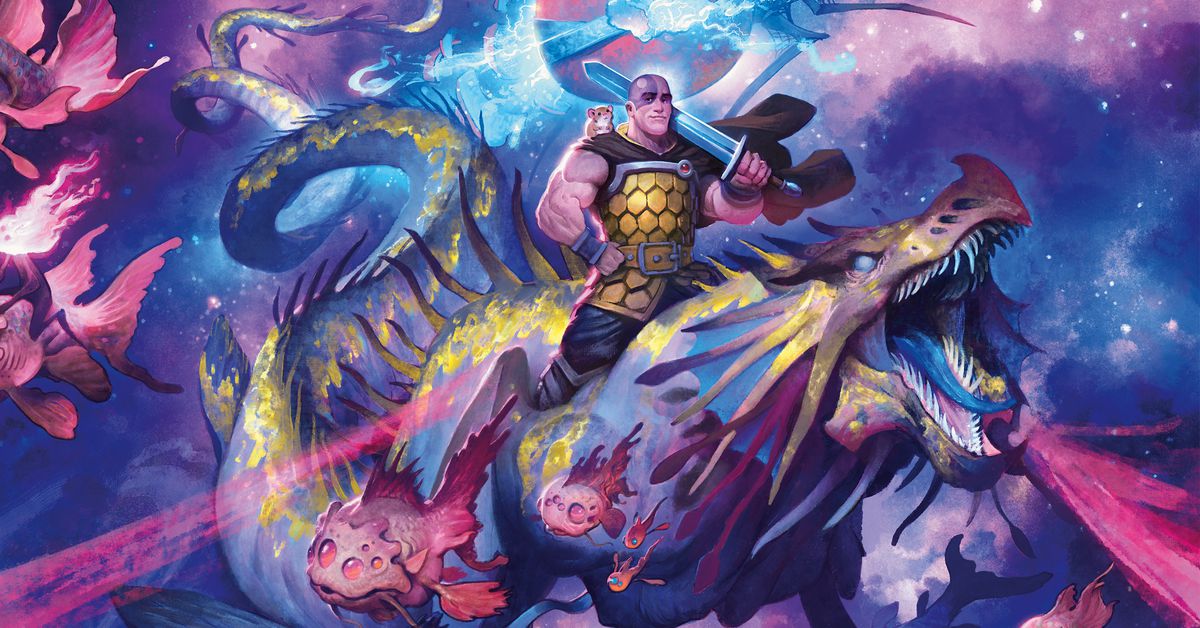I'll quote an article by
Kotaku (which I agree with) regarding this subject.
"In the short term at least, the answer to what happens to E3 now is “Geoff Keighley’s Summer Game Fest.” Keighley created Summer Game Fest, his own annual showcase, in light of E3 2020’s cancellation and his departure as a host. Now, it threatens to subsume E3 altogether. Originally planned as a months-long online festival spotlighting devs of all sizes, Summer Game Fest has shifted focus. Its 2021 showcase had more in common with Keighley’s year-end show, The Game Awards, a lengthy and almost uninterrupted firehose of world premiere trailers for upcoming games. It will now, functionally at least, replace E3 2022.
In spirit, Summer Game Fest is the future that the modern version of E3 was barreling towards. It’s hours of advertising and hype, delivered at fire-hose pressure, with Keighley stepping in periodically to spruik a sponsor that also has a game on the way. The crucial part for marketers is that Keighley’s model obliterates any need for press access and goes directly to the audience. This is the same thinking that saw Nintendo convert its E3 press conference into a Direct broadcast. It’s the same thinking that led to publishers like PlayStation and Electronic Arts departing E3 entirely. They don’t need E3, they just need to reach the people who will buy their games, and Keighley’s take goes down the smoothest."
It's also useful to look at this piece by
IGN from 2020:
"The second is to follow Nintendo’s lead, and take those announcements in-house and online. The Direct model has been successful enough for the world’s biggest console manufacturer to adopt it, and Sony’s State of Play has been joined by the likes of Xbox, Devolver, and Blizzard, who have all taken digital announcement events in their own directions. It feels likely that some of E3’s major players will now attempt to create their own schedule, with the benefit of making big announcements entirely on their own terms, and with less possibility of being drowned out by someone else’s mega-news arriving on the same day."
"What’s truly interesting is what happens if those approaches prove successful, and perhaps
more successful – at least in potential savings – than a traditional E3 announcement. E3 might have been seen as something like an industry safety blanket for some time – companies announce there just
because. Removing that marketing beat from the equation might push publishers to reconsider strategies and their traditional reliance on E3 -- a lot of companies may be about to realise that it’s simply better for them to handle their announcements in a different, more personalised way."
Here is also a good recent article from
DenOfGeek:
"
IGN is reporting that their sources claim that discussions revolving around E3 have been “fraught throughout the year,” and that even though the company tossed around the idea of a “possible digital equivalent,” those pitches lacked “strong momentum.” As outlets such as
GamesRadar and
GameSpot have pointed out, big game publishers don’t really need or even use the expo anymore. Nintendo has seen a ton of success thanks to its Nintendo Direct videos, which debuted in 2013, and Sony followed suit with similar PlayStation State of Play segments. Even EA joined the E3-less party in 2016 with its EA Play Live videos.
According to GamesRadar, those digital presentations are much more developer-friendly as they help ensure that studios no longer have to hastily cobble together demos for the E3 show floor. Nintendo Direct and PlayStation State of Play events can showcase the kind of big trailers that were previously limited to E3 whenever they want, and studios can now release demos digitally more or less on their own schedules. Furthermore, reports have long suggested that renting any space on E3’s show floor is
prohibitively expensive. Why would companies spend tens (if not hundreds) of thousands of dollars reserving space at a convention to release a trailer when they can now just post videos on their own dedicated YouTube channels and Twitter pages for pennies on the dollar?
Put it all together, and you’ll find that the increasingly popular consensus is that E3
is obsolete. More and more companies have skipped the expo in favor of their own proprietary presentations, and others might have already found a replacement in the form of Geoff Keighley’s Summer Game Fest event (which
is still scheduled to take place in 2022). While this is mere speculation, many outlets and gamers theorize that E3 2022’s cancellation can easily be seen as the convention’s potential death knell. After all, it’s one thing to cancel the physical event given all the outside factors in play, but the decision to cancel a potential digital E3 2022 event and cede the floor to competing programs feels telling."






